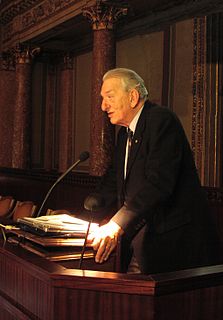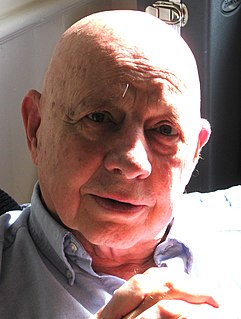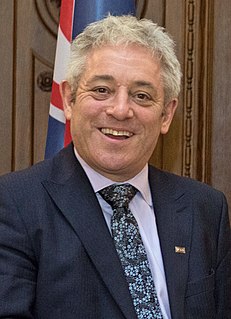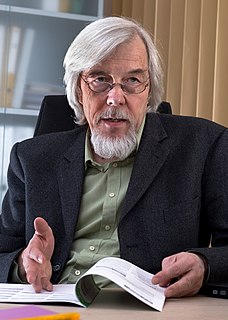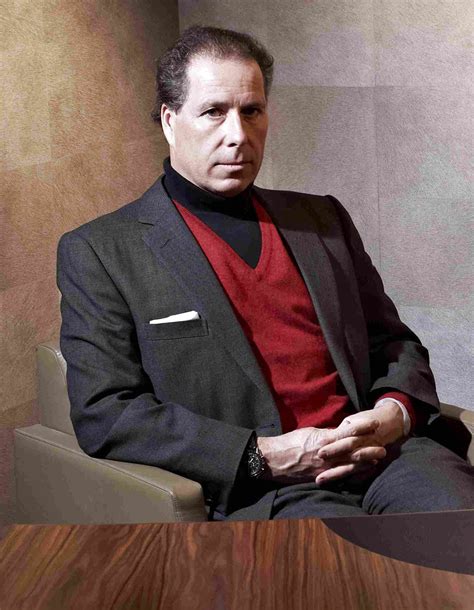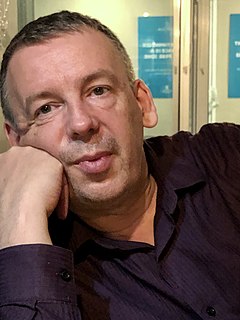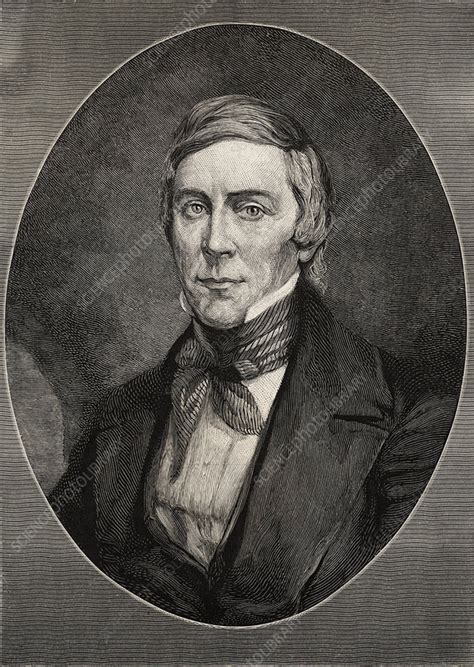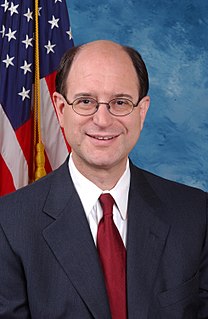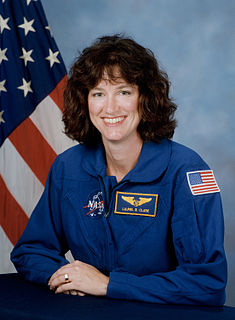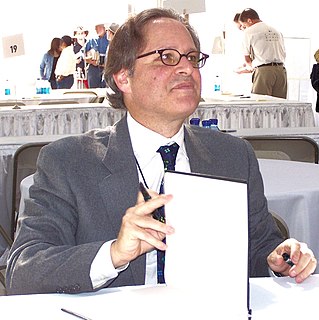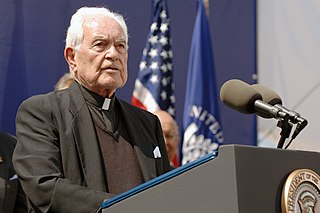Top 1200 Academic Research Quotes & Sayings - Page 2
Explore popular Academic Research quotes.
Last updated on April 16, 2025.
We sometimes talk as if "original research" were a peculiar prerogative of scientists or at least of advanced students. But all thinking is research, and all research is native, original, with him who carries it on, even if everybody else in the world already is sure of what he is still looking for.
Clearly, one does not have to give up being an academic, retreat from rigorous research, or renounce the importance of specialization in order to address major social issues. I don't think you give up theoretical rigor by writing in a way that addresses major social concerns and is at the same time accessible to wider informed general audiences.
In 1998, I set up and directed a research group at the Nanotechnology Institute newly created in the Research Center of Karlsruhe. This allowed to offer to former post-doctoral coworkers the opportunity to develop and to progressively set up independent research activities in nanoscience and nanotechnology.
There is one great advantage to being an academic economist in France: here, economists are not highly respected in the academic and intellectual world or by political and financial elites. Hence they must set aside their contempt for other disciplines and their absurd claim to greater scientific legitimacy, despite the fact that they know almost nothing about anything.
There are, however, many challenges to Asian universities. First, academic freedom, in all senses, is much more critical to the success of a university than how much money is spent on infrastructure or on hiring big names. Faculty need to have the space to pursue the research that they are passionate about and the also need to have the freedom to express their opinions in the university, and in the society as a whole.
While the most disadvantaged students - most often poor students of color - receive the most considerable academic benefits from attending diverse schools, research demonstrates that young people in general, regardless of their background, experience profound benefits from attending integrated schools.
You have to understand, in the current academic climate, Intelligent Design is like leprosy or heresy in times past. To be tagged as an ID supporter is to become an academic pariah, and this holds even at so-called Christian institutions that place a premium on respectability at the expense of truth and the offense of the Gospel.
The notion of a writer sitting in a library doing research isn't what I want. The research I love doing isn't found in a book. It's what it feels like to rappel down the side of a building; to train with a SWAT team; to hold a human brain in your hands; or to dive for pirate treasure. Those are things I've done to research my stories.
Monsanto will not come empty-handed. Monsanto will come with a big bag of money. And because these governments are poor, when they are shown money for their research institutions, for their universities, for their professors, they are very quick to say yes, and I can tell you that when Monsanto came to Kenya, they were able to be given permission to do research in one of our research institutions, and yet there was not a single law to control such research.
I am thoughtful about introducing terms that tend to be in circulation primarily in academic circles. "Homonormativity" and "homonationalism" are by no means solely academic terms, and in fact circulate in important ways in many activist circles, but in general I find them to be terms that most people I meet are not familiar with.
While the universities are increasingly corporatized and militarized, their governing structures are becoming more authoritarian, faculty are being devalued as public intellectuals, students are viewed as clients, academic fields are treated as economic domains for providing credentials, and work place skills, and academic freedom is under assault.
If we want to identify the great success of American research universities, and that success goes far beyond Harvard, we have to come back to the question of governance. Excellence requires a firewall between trusteeship, or government ministries, and the academic decision-making process. This American concept of shared governance wherein the faculty are engaged in running the university as part of a collaboration with the other stakeholders.
Free speech is what we all have and is guaranteed by the First Amendment of the US Constitution. Academic freedom refers to what happens in the university, particularly in the classroom, and to the importance of the teacher having the right to teach and share what he or she has learned, has proven her competence to teach, having gone through a series of tests and certifications including research and writing to demonstrate her abilities and knowledge.
This example illustrates the differences in the effects which may be produced by research in pure or applied science. A research on the lines of applied science would doubtless have led to improvement and development of the older methods - the research in pure science has given us an entirely new and much more powerful method. In fact, research in applied science leads to reforms, research in pure science leads to revolutions, and revolutions, whether political or industrial, are exceedingly profitable things if you are on the winning side.
I think serious research tends to be associated with higher academic quality, more prestige, more resources, and even, heaven help us, better teaching, to a greater extent than you might think. Folks who don't have an active intellectual life become, though the long years of just teaching, less intellectually alive and exciting.
Insomniac is an impassioned work-an inspired amalgam of academic and first-hand research, memoir, analysis, and the kind of obsessive brooding we associate with the insomniac state. Much here is fascinating, and much is upsetting; here is a cri de coeur from a lifetime insomniac that is sure to appeal to the vast army of fellow insomniacs the world over.







